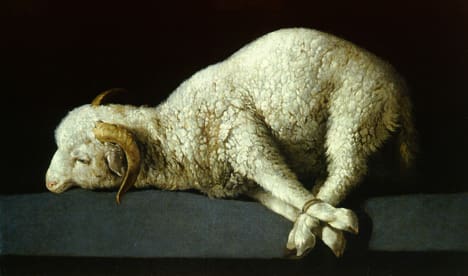Apollonian Gates Explained#
Chapter: The Apollonian Gates of Humanity
To understand the compression layer of humanity—our survival in the face of chaos—one must first grasp the Apollonian gates. These gates, standing firm against the Dionysian deluge of raw, unfiltered inputs, form the essence of control, structure, and civilization. The deluge—chaotic, vast, and unpredictable—needs order to transform into flourishing. The Apollonian gates provide that order, each addressing a specific aspect of our engagement with the uncertain, the unknown, and the uncontrollable.
The First Gate: Gambling (Adversarial)
The first Apollonian gate is the most primal. It governs gambling—an adversarial interaction between humanity and fate, but one constrained by fixed odds. These odds are not natural but artificial, shaped by human design. The roulette wheel offers the clearest example: no amount of knowledge or skill changes the probabilities. Humanity imposes order on chance through these rules, turning pure chaos into a manageable framework.
Yet, gambling thrives on the illusion of influence. Players often convince themselves they are “due” for a win or that a pattern can be discerned where none exists. This illusion of control is essential to gambling’s appeal. But in truth, the Apollonian nature of this gate lies in its indifference to effort or insight. It is a flat gate: a pure transaction of risk with no dynamic interaction between the gambler and the odds. Success or failure here is utterly impersonal.
The Second Gate: Betting (Iterative)
The second gate transforms the interaction. It is iterative, tied not to fixed odds but to ventures. Unlike gambling, betting introduces an element of transformation—a wager on the outcome of something new and uncertain. This is where obsession thrives. The one who bets on a transformative venture, whether through entrepreneurial efforts or intellectual pursuits, is locked into an iterative loop. They refine, fail, adjust, and repeat until success emerges—or does not.
Betting is the domain of asymmetric knowledge. Unlike the gambler at the roulette wheel, the bettor operates in a space where knowledge, insight, and intuition matter immensely. They do not accept the odds as fixed but rather seek to shape them. Betting invites participation in creation, a Dionysian element tamed by an Apollonian gate that demands structure: patterns of iteration, incremental improvements, and calculated risks.
This gate is a crucible for innovation. It filters chaos through the furnace of obsession, creating the conditions for breakthroughs. Yet, it remains a flat gate in that each iteration depends on the same principle: repetition until transformation occurs.
The Third Gate: Insurance (Cooperative)
The third and final gate is insurance, the cooperative gate of consensus. Unlike the adversarial and iterative gates, insurance embraces collective action. It is not about the chaos of chance or the obsession of transformation but the shared understanding of predictable risks. Insurance thrives on consensus, pooling resources to mitigate the unpredictable through collective strength.
Here, humanity’s Apollonian instincts are at their most institutional. Insurance transforms individual vulnerability into collective security. It reflects a mature civilization’s acknowledgment of uncertainty—not as a force to challenge or innovate against, but as a reality to accommodate. This gate is the most stable, the least volatile. It transforms risk into stability, fostering flourishing through shared resilience.
The Compression Layer
These three gates—adversarial gambling, iterative betting, and cooperative insurance—are humanity’s response to the Dionysian deluge. They are not separate but interconnected, forming a compression layer that organizes the chaos of inputs into meaningful, structured outputs. Each gate plays its role, holding back the flood and channeling its energy into productive pathways.
Through gambling, we confront fate on fixed terms. Through betting, we iterate and transform. Through insurance, we cooperate to endure. Together, these gates represent humanity’s triumph over chaos—not by eliminating it, but by containing and directing it.
In this framework, flourishing is not a single outcome but a spectrum of possibilities shaped by how effectively we navigate the gates. The gates demand discipline, creativity, and solidarity. They are flat yet profound, simple yet essential. They are the Apollonian guardians of our existence, the structures that allow us to thrive amidst the unpredictable, unrelenting forces of the Dionysian.

